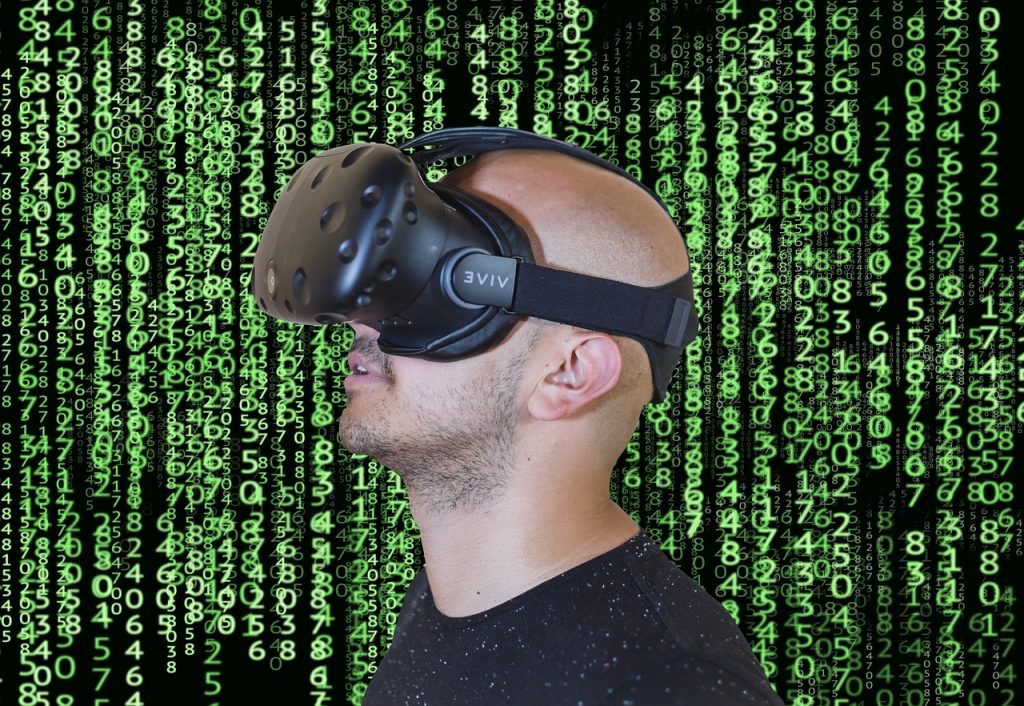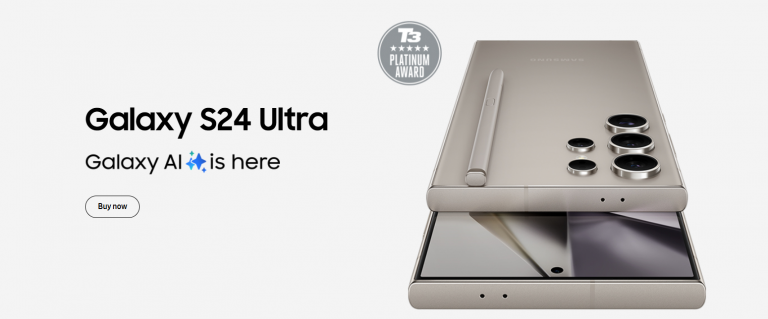In an age where our well-being is more critical than ever, the integration of technology into our daily lives has brought forth remarkable innovations. One of these innovations is wearable devices designed to monitor and improve our health. These wearable devices have become indispensable tools for health-conscious individuals, allowing them to take charge of their well-being like never before.
The Evolution of Wearable Health Devices
The journey of wearable health devices dates back to humble beginnings. Over time, these devices have evolved significantly, adapting to the changing needs and expectations of consumers. From the early pedometers to today’s smartwatches and fitness trackers, the evolution has been remarkable.
Types of Wearable Health Devices
Wearable health devices come in various forms, including smartwatches, fitness trackers, and even smart clothing. Each category offers unique features and functionalities. Popular examples include the Apple Watch, Fitbit, and Garmin devices.

Benefits of Wearable Health Monitoring
One of the primary advantages of wearable health devices is the real-time data they provide. Users can monitor their heart rate, activity levels, sleep patterns, and more, offering invaluable insights into their health. This data empowers individuals to make informed decisions about their well-being.
Features to Look for in Wearable Health Devices
When selecting a wearable health device, it’s crucial to consider specific features. These may include heart rate monitoring, GPS tracking, and compatibility with health apps. The right device will cater to your unique health and fitness goals.
Wearable Devices and Fitness Tracking
Wearable health devices have seamlessly integrated fitness tracking into their functionality. Users can track workouts, set goals, and receive motivating feedback, which encourages an active lifestyle.
Medical Applications of Wearable Devices
Beyond fitness, wearable technology has found a significant role in the medical field. Wearable devices are used to manage and monitor various medical conditions, such as diabetes and heart disease, enabling better patient care and management.
Data Privacy and Security Concerns
While wearable devices offer numerous benefits, they also raise concerns about data privacy and security. Users must take precautions to protect their personal health information and data from unauthorized access.
User Experience and Ease of Use
The user experience is a critical aspect of wearable health devices. Manufacturers strive to create user-friendly devices that seamlessly fit into daily life. Proper setup and usage are essential for a hassle-free experience.
The Future of Wearable Health Devices
The future of wearable health devices promises exciting innovations, from more advanced sensors to improved integration with other technology. These devices will continue to play a pivotal role in health and wellness.

Wearable Devices vs. Traditional Health Monitoring
While wearable devices offer a wealth of benefits, they are not a one-size-fits-all solution. Traditional health monitoring methods still have their place, and understanding when to choose one over the other is essential.
Cost and Affordability
Wearable health devices are available at a wide range of price points. Understanding your budget and evaluating the features you need will help you find the right device for your needs.
Case Studies and Success Stories
Real-life stories of individuals who have transformed their health through wearable devices serve as inspiration. These success stories showcase the potential for positive change with the right tools.
Tips for Maximizing the Benefits
To get the most out of your wearable health device, it’s essential to incorporate health monitoring into your daily routine. Simple strategies can help you harness the power of these devices effectively.
Conclusion
Wearable devices for monitoring your well-being are not merely gadgets; they are powerful tools that empower individuals to take control of their health. With the evolution of technology, the future of wearable health devices is promising, and their role in promoting a healthier, more informed society is undeniable.
FAQs
- Are wearable health devices accurate in monitoring health metrics?
- Wearable devices have come a long way in terms of accuracy, but it’s essential to choose a reputable brand and understand their limitations.
- How do I ensure the privacy and security of my health data when using wearables?
- Protect your health data by using strong passwords and encryption, and only share data with trusted healthcare providers.
- What is the role of wearable devices in preventive healthcare?
- Wearable devices can help identify early warning signs and encourage healthier lifestyle choices, contributing to preventive healthcare.
- Are wearable health devices suitable for seniors and individuals with medical conditions?
- Yes, many wearable devices are designed to cater to various age groups and medical needs. It’s essential to select one that suits specific requirements.
- Can I sync my wearable health device with my smartphone and health apps?
- Most wearable devices are compatible with smartphones and various health apps, allowing users to track and manage their data efficiently.











+ There are no comments
Add yours